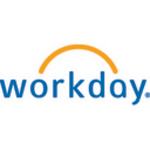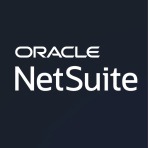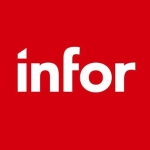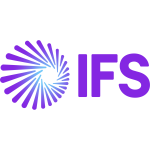What is our primary use case?
I use this solution for human capital management. It's all been mingled into one product called Oracle HCM Cloud. It manages all your HR requirements from hiring, onboarding, and managing your payrolls. It has over 10 different models inside. Oracle expects clients to have that product, which is the basis for your financials, sales and distribution, procurement, etc. If you have HCM, you basically set up the structure of the enterprise.
Most of their applications have been moved to cloud enterprise. It's SaaS, and they have a patch where they provide the database and application so you can work on it. There's another one where they provide everything and you have your own infrastructure of hardware as well.
What is most valuable?
They have various products, so it depends on your enterprises. If it's finance-based, you'll mostly be looking at financial models, like the financial collaboration, financial management, budgeting, and forecasting. If you're in a distribution area, you'll be looking into models like inventory, warehouse management, and supplier-oriented models. They have SRM and they have CRM, which is customer relationship management.
You can group them into the BIs, which is business intelligence. You get your own key performance indicators and build your own reports or you could have your own screens, and it changes in real time.
What needs improvement?
From the business processes, there are areas where you could streamline new processes. You could take out some of the redundant ones, which you are either using or don't want to use, but you're still using it because it's been coming from your legacy systems.
For how long have I used the solution?
I've been working with Oracle for 25 years.
I work as a project manager, but I was a principal consultant with Oracle. For the last 10 years, I've been mostly managing projects in diversified industries.
What do I think about the stability of the solution?
It has to be a stable system because then it affects your business processes.
What do I think about the scalability of the solution?
You should be able to scale it.
How are customer service and support?
Technical support is good, and they offer different types of support. Oracle has a very large technical support team. Without support, I think it would be very difficult for customers to manage.
How was the initial setup?
Installation has become simpler and takes less time. Before, there were lots of dependencies and it required lots of expertise.
The deployments have a much shorter cycle. Previously, we were doing projects that went on for a year or three years. Nowadays with the cloud implementation, I've done projects in three months or six months maximum, maybe a year. They have consolidated most of their features and functions. It makes training and chain management much easier, so your project time gets shortened basically.
All the big companies – even midsize or smaller – use some sort of ERP or business suite because it's impossible to go back to the smaller products or homegrown legacy systems because of the maintenance and dependencies.
What about the implementation team?
The bigger organizations tend to go for system integrators because they have the budget for projects and their projects are a little bit bigger. I would recommend in-house implementation if you have a special team.
What's my experience with pricing, setup cost, and licensing?
Whatever the products you use, you'll be paying a yearly maintenance price or a support price. Every time they have a new release, they will announce that they will be discontinuing the support for that particular release in three years or four years so that customers can move into a higher release.
My understanding is that Oracle charges per user in some areas, but they have a minimum licensing fee, depending on how big the organization is. From the Oracle point of view, I think they know what the market charges and they're very competitive.
What other advice do I have?
I would rate this solution 9 out of 10.
My suggestion would be to look at what you're currently using, what your requirements are, how those requirements can be met, from what models or offerings you should be going for, and what is the end result you want to achieve by implementing a half a million dollar product. Are you okay with your return on your investment? Those are some of the questions you should be asking yourself.
Which deployment model are you using for this solution?
Public Cloud
Disclosure: I am a real user, and this review is based on my own experience and opinions.














